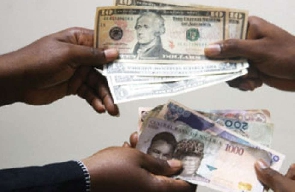Before the first light of dawn brushes Abuja’s skyline, the ‘hum’ of engines already fills the air in Nyanya and Mararaba. Keke and okada riders gather at different junctions, ready to carry office workers, market women and students across the capital.
These men and women are the invisible wheels of the city that keep Abuja in motion long before the day properly begins.
For passengers, the task is simple: simply wave, hop into or on the vehicle, pay your fee and move. But for the riders, each trip is part of a long, grinding day, one that costs a little more than the fuel they burn.
Ibrahim Musa, a 34-year-old keke rider at Kubwa, Abuja, starts his shift before sunrise.
“If I don’t hit the road early, I lose money,” he says, wiping sweat off his face. “Passengers rush in the morning. That’s when you make small change.”
He rents his tricycle from an owner who takes ₦7,000 every week. After paying that and buying fuel, what remains is what feeds his wife and two children. On a good day, Ibrahim makes about ₦8,000. On bad days—when rain falls, roads flood, or fuel prices rise—he goes home with almost nothing.
“People see us and think we are making it,” he sighs. “But sometimes, I ride the whole day just to buy food for the night.”
In Garki, 29-year-old Chukwudi Eze ends most days the same way: counting out a few crumpled notes, separating what must go home to Enugu from what he will keep for himself. “My sister is in polytechnic,” he says with quiet pride, slipping ₦2,000 into an envelope. “My father is late, so it’s me carrying the family now.”
The money is barely enough for his sister’s upkeep, yet Chukwudi insists on sending it, even if it means cutting corners on his own life in Abuja. On lean days, he skips lunch, stretching garri or bread into two meals. His friends tease him for never joining them at beer parlours after work. “If I drink one bottle, that’s my sister’s transport for two days,” he explains.
Musa, another keke rider, dreams beyond the daily grind. He wants to own cars, “two, three small motors, with drivers inside”—but for now, his reality is unrelenting. He wakes at dawn, his eyes still heavy with sleep, and rides until long after most of the city is in bed. By midnight, his shirt is drenched with sweat and dust, his knees ache from hours of cramped sitting, and his palms are sore from gripping the handlebars. Still, he forces himself out again the next day. “If I stop, hunger go catch me,” he says. “Even when body pain, you must ride.”
For both men, sacrifice is measured not only in money but in time. Weddings, naming ceremonies, and even Sunday services are luxuries they cannot always afford. “Sometimes my wife vex,” Musa admits, “because I no dey house. But if I stay, who go pay rent?”
These are not isolated stories. Across Abuja, riders give up pieces of themselves so others can move forward—whether it’s the sister in school, the children at home, or the unseen dream of a better life waiting somewhere down the road. Every keke horn, every hurried trip across town, carries within it the weight of these choices: meals skipped, sleep lost, bones strained and even dreams deferred.
And yet, when asked why they endure, most answer with a shrug and a faint smile. As Chukwudi puts it, “Na my own cross. If I no do am, nobody go do am.”
Riding Through Risk
Abuja’s smooth expressways hide dangerous back routes. Accidents are common for riders who take shortcuts through Nyanya, Karu or Lugbe.
Okada man Yusuf Abubakar shows the scars on his arms from a crash last year. “A car brushed me and I fell. My bike was damaged, and I had to borrow money to fix it,” he recalls.
“If I don’t ride, I don’t eat. So even with pain, I was back on the road the following week.”
The job is risky, not just from accidents, but also from police harassment. Despite partial bans on okada in the city centre, many riders continue to operate in defiance of the restrictions.
They try to evade task force patrols and more often than not, pay daily bribes to keep their vehicle moving. According to a few riders I spoke to [names and images withheld], this act is not a rebellion against the system but one born of necessity, the pressing urge to earn money enough to feed families and thrive in a community that offers few alternatives to their kind.
Abuja’s beauty—the gleaming buildings in Central Area and the clean roads of Maitama—rests on the backs of men like Ibrahim, Yusuf and Chukwudi. They are the ones who ferry cleaners, security guards, market traders and students to their destinations.
Without them, this city comes to a halt.
Yet their stories often go unheard. At sunset, as the day slows, the riders gather again by roadside spots, their faces dusty, their voices hoarse, but their eyes still fixed on tomorrow’s hustle.
Because in Abuja, the city never stops moving, and neither can they.
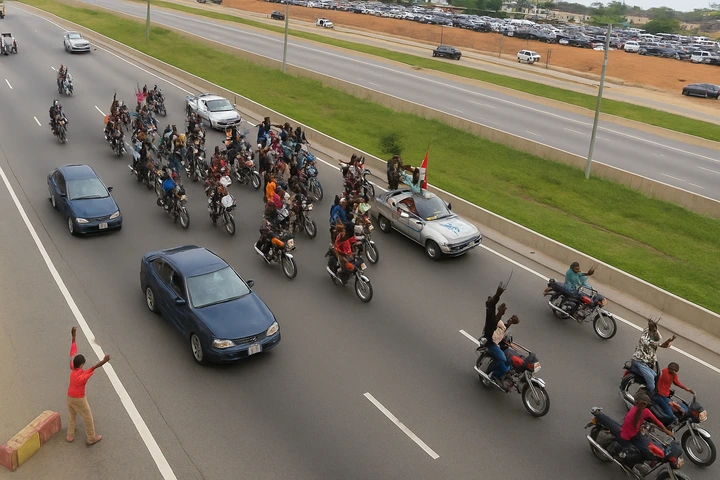

 Entertainment4 months ago
Entertainment4 months ago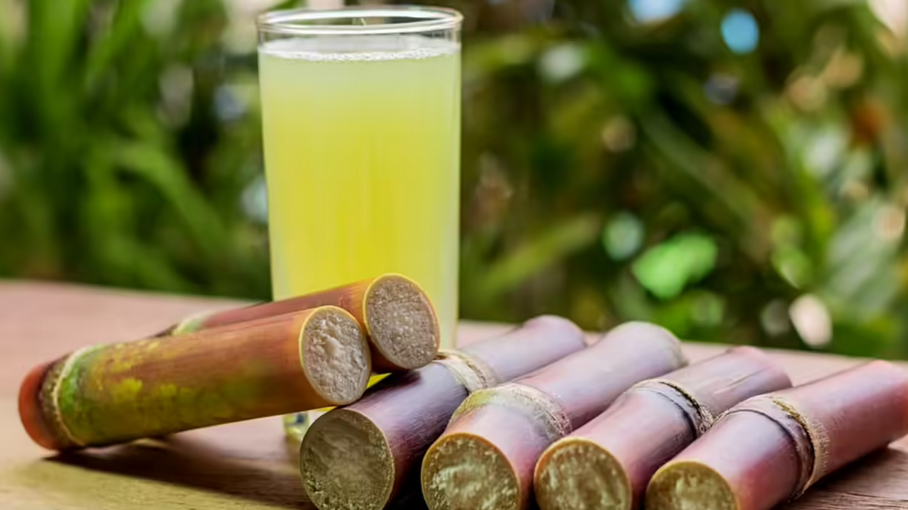
 Politics4 months ago
Politics4 months ago
 Breaking News5 months ago
Breaking News5 months ago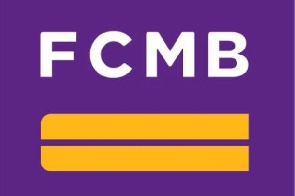
 Breaking News6 months ago
Breaking News6 months ago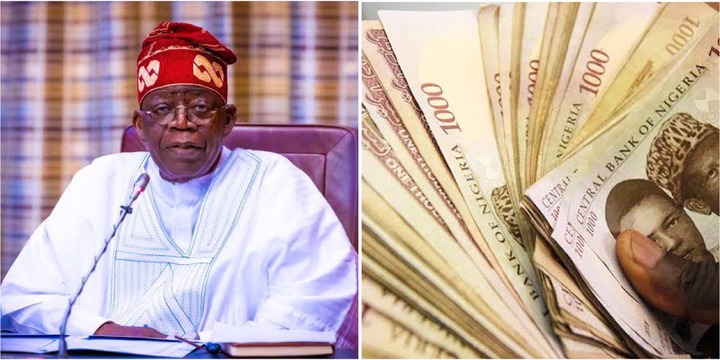
 Breaking News6 months ago
Breaking News6 months ago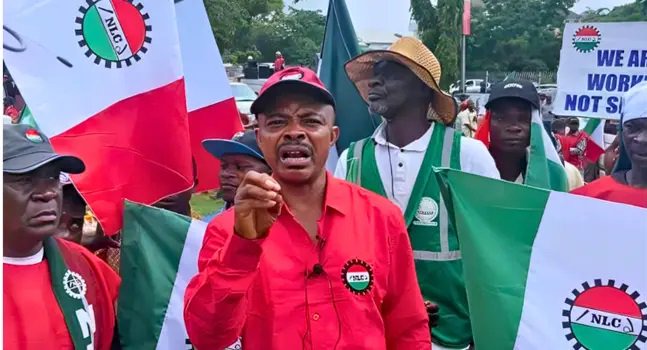
 Breaking News6 months ago
Breaking News6 months ago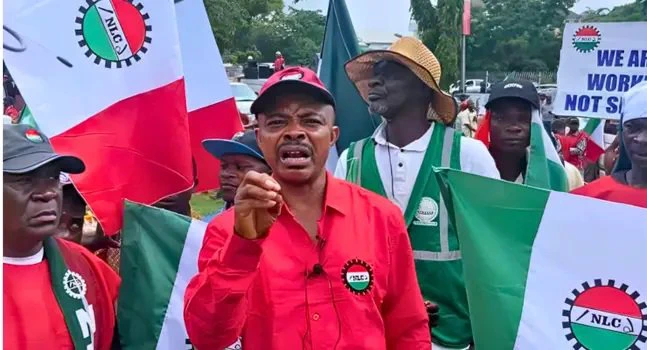
 Breaking News6 months ago
Breaking News6 months ago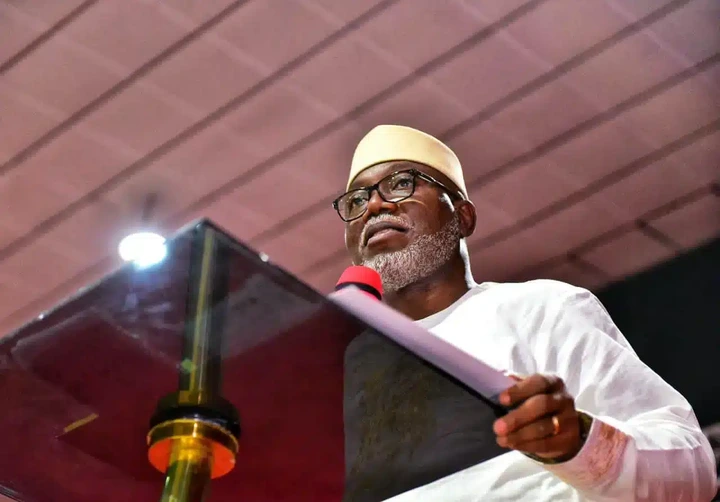
 Breaking News5 months ago
Breaking News5 months ago

